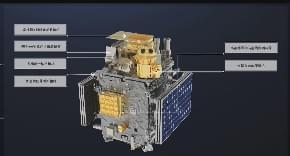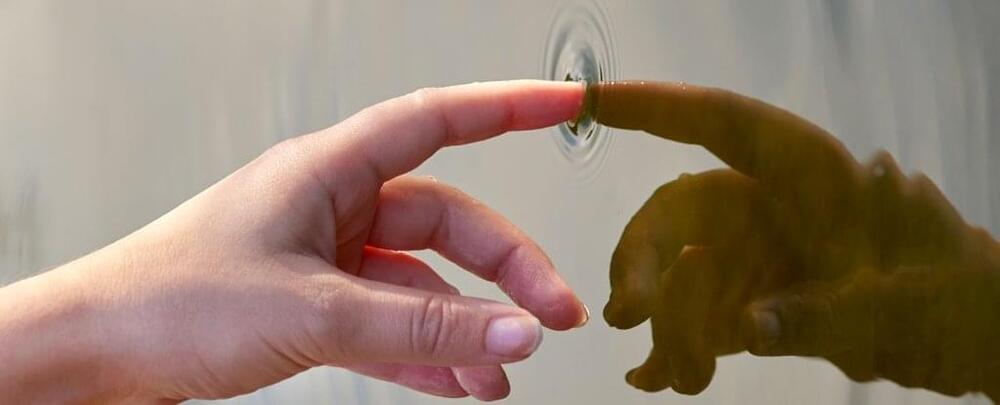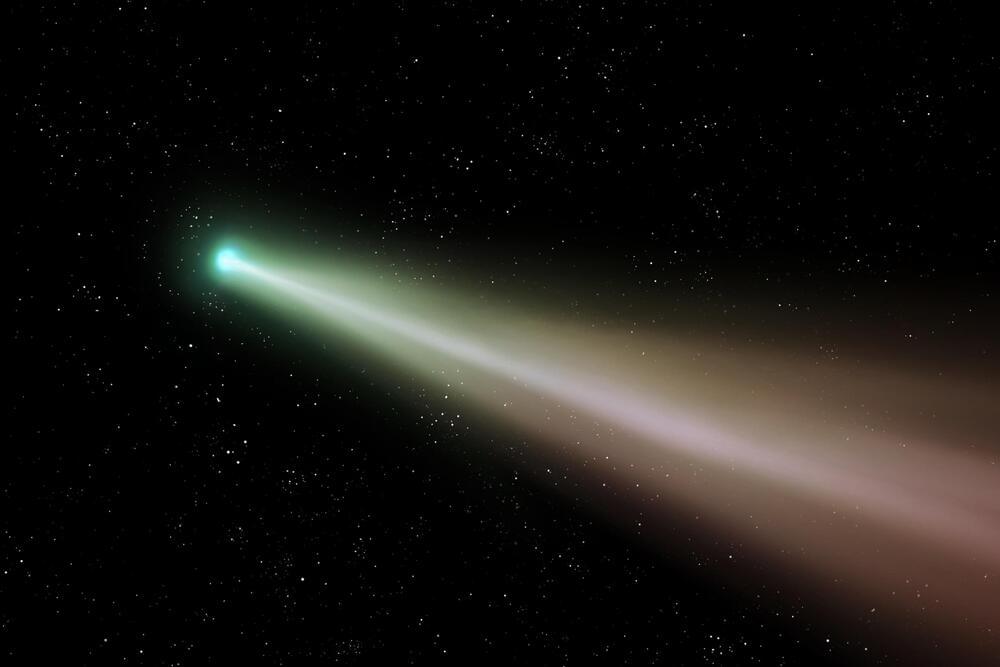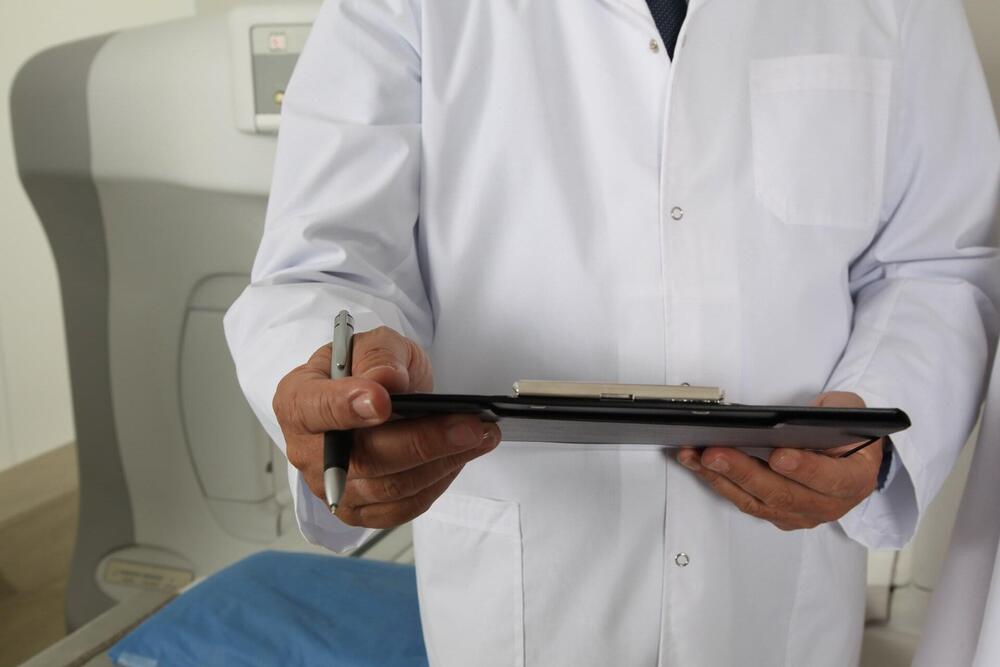China publishes data on solar atmosphere captured by space-based solar camera.



For the first time, scientists have performed an iconic physics experiment with a positron — the antimatter counterpart of an electron, one of the fundamental particles.
Not only did they get some truly interesting results, but this achievement could become the first step towards potentially revolutionary discoveries.
The experiment — an antimatter version of the famous double-slit setup — was carried out by researchers from Switzerland and Italy in order to lay the groundwork for a novel line of super-sensitive experiments that might help solve a mystery concerning the Universe’s two domains of matter.

How do you connect with nature?
Sophia explores the relationship between art, nature, and existence while perceiving her environment using an adaptive-style-transfer neural network.
#AdaptiveStyleTransfer #NeuralNetworks #perception #robotics #imagerecognition #computervision #MachineLearning #art.
Follow Sophia the Robot:
Twitter: https://twitter.com/realsophiarobot.
Facebook: https://www.facebook.com/realsophiarobot.
Instagram: https://www.instagram.com/realsophiar…
LinkedIn: https://www.linkedin.com/in/realsophi…
YouTube: https://bit.ly/2RMawys.
About Hanson Robotics:
Hanson Robotics is an AI and robotics company dedicated to creating empathetic, living, intelligent machines that enrich our lives. Our innovations in AI research and development, robotics engineering, experiential design, storytelling, and material science bring robots to life as engaging characters, useful products, and evolving AI to achieve the ever-greater good for all.

A comet zooming towards the inner solar system could soon be visible to the naked eye if current astronomical predictions turn out to be true.
C/2022 E3 (ZTF) was discovered by the Zwicky Transient Facility (ZTF)—an astronomical survey conducted by the Palomar Observatory in California—on March 2, 2022.
Comets are astronomical objects made up of frozen gases, dust and rock that orbit the sun. Sometimes referred to as cosmic snowballs, these objects are blasted with increasing amounts of radiation as they approach our star releasing gases and debris.


More than 30 years ago, findings from the Harvard Medical Practice Study (HMPS) helped bring public awareness to the problem of patient safety. Since the publication of the HMPS results, new strategies for preventing specific types of adverse events have been put into place, but it has been challenging to measure the impact on patient care.
To better understand what progress has been made in the last few decades, a team from Boston area hospitals conducted the SafeCare Study, which evaluated 11 hospitals in the region.
Led by investigators from Mass General Brigham and sponsored by CRICO, the medical professional liability insurer for the Harvard medical community and its affiliated organizations, the study provides an estimate of adverse events in the inpatient environment, shedding light on the progress of two decades of work focused on improving patient safety and highlighting the need for continued improvement. Results are published in The New England Journal of Medicine.
Low muscle mass has been linked to cognitive decline with scientists suggesting that measuring muscle mass can help to identify people more at risk of dementia.

Does anyone believe extraterrestrials have visited Earth? I am super curious to see what the members of this group believe!
A habitable zone is an area just the right distance from a star so water can exist on a planet’s surface and the conditions are neither too hot nor too cold for life.